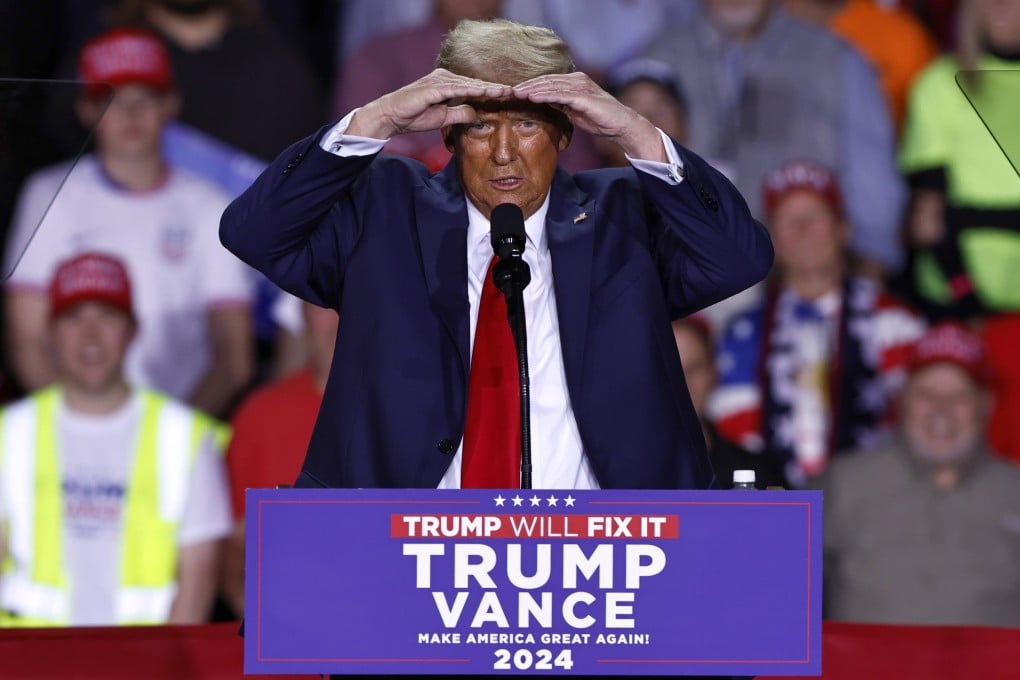Chinese economists push reform as stimulus takes hold, but Trump win creates uncertainty
As China’s stimulus begins to show a stabilising effect, academics say structural changes needed to buoy demand and counter Trump policies

While many Chinese economists posited a victory for Donald Trump in the US presidential election would necessitate a larger stimulus package – a hypothesis that appears likely to be tested – some argue a systematic regrouping of the world’s second-largest economy is also essential to defuse internal risk and sharpen China’s competitiveness amid a rivalry with Washington that is almost certain to persist.
The shift among expert opinion was most apparent in a recent speech from Liu Shijin, former deputy director of the State Council’s Development Research Centre, who emphasised structural reform to boost domestic demand at a forum in the southern island province of Hainan over the weekend.
However, the former central bank adviser later clarified that his focus was not on the size of a stimulus package, but on the need for “short-term measures” to keep the economy stable.
“When the economy is under significant pressure and faces a potential downturn in the short term, stimulus measures are necessary,” he said at a Tsinghua University forum. “But stimulus without reform cannot solve our demand shortage in the long run.”